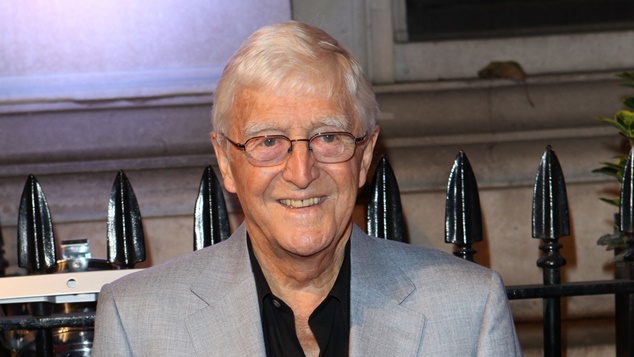
British broadcaster Sir Michael Parkinson has died aged 88.
The television legend, affectionately known as ‘Parky’ spent decades interviewing some of the world’s most famous entertainers, sporting heroes and politicians.
A statement from his family said he had died after a brief illness.
“After a brief illness, Sir Michael Parkinson passed away peacefully at home last night in the company of his family,” the statement to the BBC said.
“The family request that they are given privacy and time to grieve.”
His television show Parkinson ran on the BBC from 1971 until 1982, and then returned in 1988 for a second run. The show moved to commercial broadcaster ITV in 2004 and continued on until 2007 when the broadcaster announced his retirement. He also hosted a parallel series Parkinson in Australia from 1979 until 1982.
Parkinson is remembered for his relaxed interviewing style and many guests appeared on his show multiple times including Dame Edna Everage, Hellen Mirren, Peter Kay, Robin Williams, and Sir Michael Caine. Scottish comedian Billy Connolly appeared on his show a record 15 times.
In the 1970’s Parkinson interviewed some of the biggest names in Hollywood with Fred Astaire, Orson Welles, John Wayne, Gene Kelly, and David Niven all appearing on his show. Over the course of its run, it’s estimated that over 2,000 celebrities sat opposite Parkinson to chat about their lives and careers.
He interviewed everyone from Madonna to Muhammad Ali Tina Turner, Liberace, Kenneth Williams, David Bowie, Cher, George Michael, Paul McCartney, John Lennon and Sean Connery.
Parkinson also memorably hosted a special interview for Channel 10 in Australia where swimming champion Ian Thorpe shared that he was gay for the first time and spoke about the pressure he faced as a teenage sporting great to give information about his sexuality.
Born in the coal mining village of Cudworth near Barnsley in Yorkshire, he began working on local newspapers after leaving high school. Later working as a features writer for Manchester Guardian and London’s Daily Express. He made the move to television in the 1960s.
Alongside his work in television Sir Michael is remembered for his never-ending love of cricket, and fondness for Australia, which he described as his second home.
OIP Staff
You can support our work by subscribing to our Patreon
or contributing to our GoFundMe campaign.





